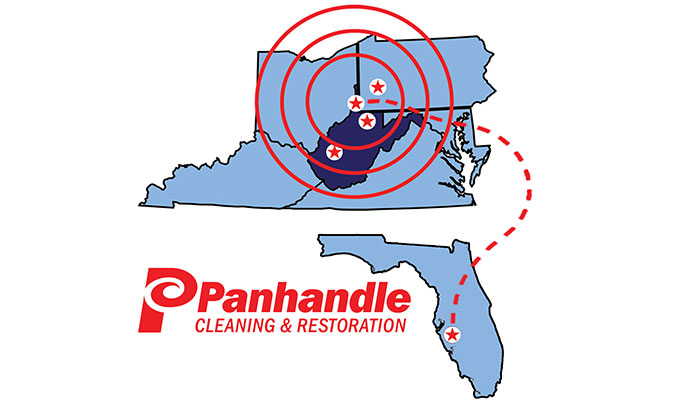
Making Your Business More Disaster Resilient
Many businesses are not prepared for disasters. The limitless unforeseeable events that can affect a business and lead to closure are so often not truly considered and planned for as part of a comprehensive disaster preparedness plan. To take one recent example: the West Virginia water contamination incident affected 300,000 residents and a huge number of businesses across the state. Even now that the water in the state has been officially declared safe, the area will continue to deal with lingering problems and uncertainty about the spill. For many businesses, this event has caused millions of dollars in lost revenue and thousands more in cleansing and cleanup work in the aftermath of the chemical spill. This has been particularly harsh on restaurants in the state. The reminder in all of this is, of course, that disastrous events occur suddenly and can have a huge impact on livelihoods and the regional economy at large.

Comprehensive Business Planning
The most critical things to consider when preparing a disaster response is to understand the chain reactions disasters cause and prepare critical business functions to address economic factors. From disruptions in supply chains–manufacturers, distributors, retailers, etc to compromised data, disasters have the potential to affect businesses on multiple levels. Communicating a disaster response plan to employees and those whom the business works closely with is a good idea. Make sure everyone understands emergency procedures and supplies contact information before, during, and after a disaster. Regular maintenance and inspection of business facilities are also important to ensuring structural resilience and operational safety.

Insurance and Data Protection
Data protection is another crucial part of disaster preparation for businesses of any size. Always protect important documents and keep backups of data on multiple types of media. In the event a disaster destroys or severely damages your business you want to make sure documentation is protected. Financial recovery is perhaps the most important thing, second to the welfare of employees, after a disaster. This involves keeping detailed records and copies of important financial documents. Having cash reserves and credit to deal with contingencies related to business relocation and handling other operational expenses.
You also want to carefully evaluate your insurance policies to ensure that your coverage is sufficient and that you understand how to file a claim. Communication with your insurance agent or broker about disaster insurance for your business needs is important. Most insurance policies, for example, won’t cover floods or earthquakes, so you may need to purchase additional coverage for these types of events. There are also options here that can reimburse you for disruptions to business which may make sense to help with the costs of physical loss and other operational expenses.

















